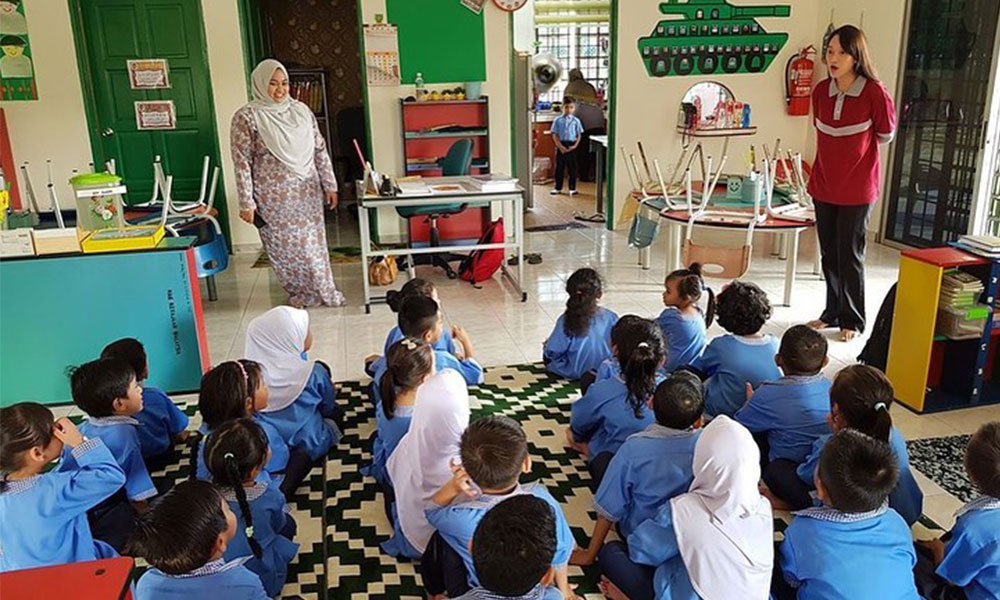Malaysian children are not getting adequate education despite spending more time in school and having a higher national education budget compared to similar countries, a World Bank report revealed.
According to the “Bending Bamboo Shoots: Strengthening Foundation Skills” report, 42 percent of Malaysian students failed to achieve proficiency in reading by the end of Standard 5.
This is higher than other countries with similar gross national income (GNI) per capita, which have a failure rate of 34 percent.
The report emphasised that this problem is particularly acute among economically disadvantaged children, with 61 percent falling below proficient levels.
“In Vietnam, only 18 percent of children (and 41 percent among the poorest) fail to achieve proficiency in reading skills expected by the end of Standard 5,” the New Straits Times quoted the report as saying.
While the average Malaysian child spends 12.5 years in school, the report said this is equivalent to only 8.9 years of learning.
In comparison, despite being economically less affluent than Malaysia and allocating a smaller proportion of its GDP to education, Vietnam offers 10.7 years of learning within a 12.9-year schooling period.
Early childhood education vital
The report attributed the poor learning outcomes to inadequate early childhood education, inconsistent teacher preparedness and dedication at the primary level, and a lack of adherence to policy-guided teacher performance management.
It showed that despite increased preschool enrolment, challenges still stood in the way of achieving universal access.
These included limited awareness about the benefits of preschool education, inadequate availability of preschool facilities in areas with high demand, and concerns related to affordability.

The report suggested improving the quality and access to preschool education alongside assessing student learning outcomes and teacher performance based on global benchmarks.
It also recommended supporting and incentivising teacher performance improvements based on evidence.
According to the report, teacher training programmes should incorporate data and evidence-based approaches to enhance student learning outcomes.
“Teachers can also be supported in being more effective with several different tools, such as structured lesson plans, targeted instructions, educational technology, and a dual-teacher model,” it added. - Mkini



No comments:
Post a Comment
Note: Only a member of this blog may post a comment.